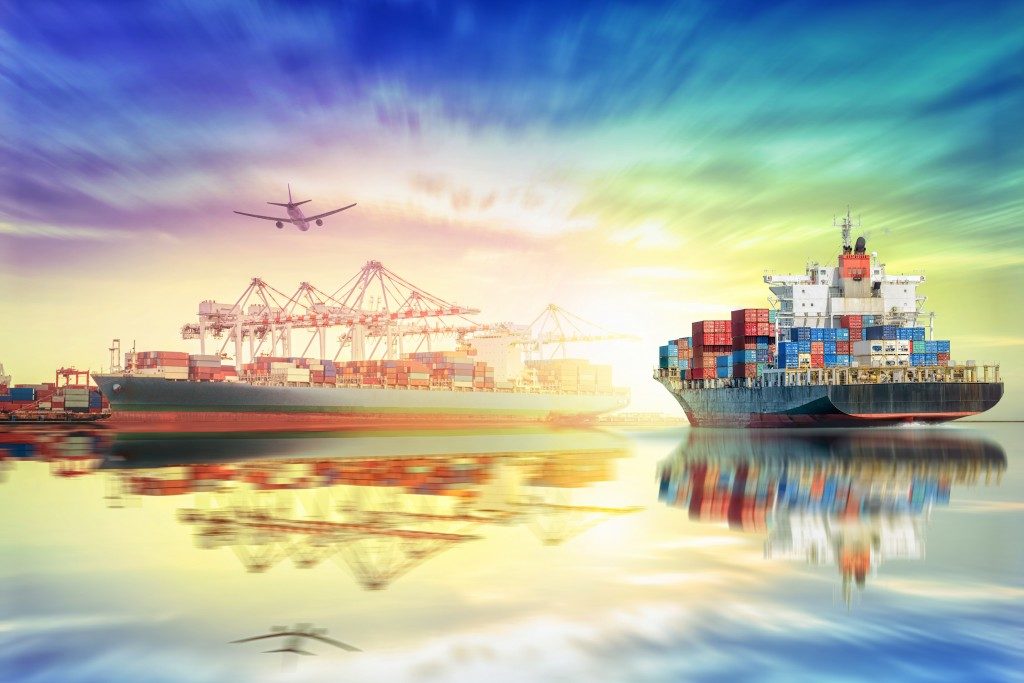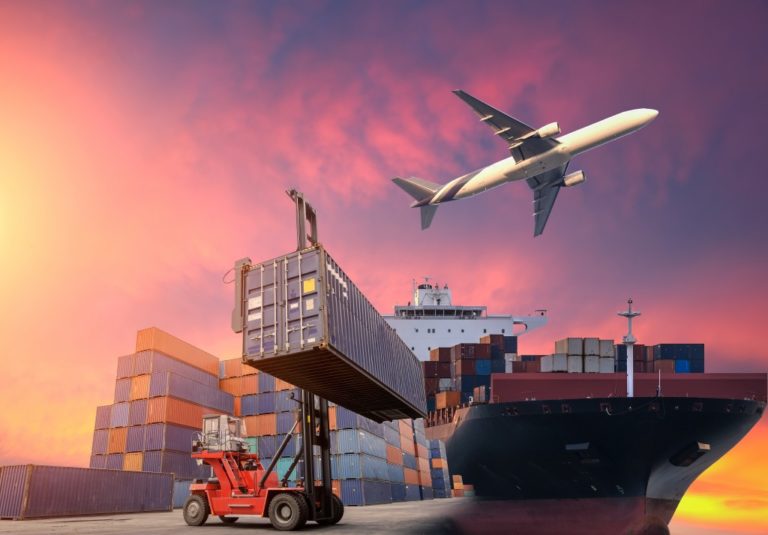Marine insurance as a topic is extensive. Categorization has to be made based on the requirements and transporter specifications. In general, though, marine insurance helps in risk management in case of accidents, property damage, or loss of life. The stakes increase with ships because such insurance has to include the risk of losing cargo and environmental damage.
Today, demurrage insurance is a policy extension included in maritime collision liability. When the policyholder’s vessel is at fault, it gives payment to the owner of the other ship in the collision for damages or loss of use while the ship is being repaired. The main options for cargo owners, charterers, and ship owners include:
Hull insurance
The hull makes a significant contribution to the structural integrity of a ship. By definition, the hull is the enclosure of the ship that protects the accommodation spaces, cargo, and machinery from flooding, weather, and structural damage. Hull insurance will cater to the hull and torso of the vessels. It will cover the furniture pieces in the ship as well. Most charterers will take this insurance to avoid losing their boat to an accident.
Machinery insurance
As the name suggests, this policy will cover the machinery on the ship. The policy protects such machines from compensation claims and operational damages. However, in the case of compensation claims, there has to be a survey leading to approbation by the surveyor. Some insurers offer machinery insurance and hull insurance as a unit. Those policies will often be pushed to include war risks and strike covers. A strike in a given port can lead to delays and increase transportation costs.
Indemnity and protection insurance

Commonly referred to as P&I insurance, indemnity cover is given to the owner of the ship to cover third-party liabilities and any other risks not covered by other insurances. Protection risks speak to the vessel’s ownership and protect one from losing it to claims by the crew. Indemnity, on the other hand, relates to hiring the ship. Here, the protection is from claims related to the cargo.
Liability and freight insurance
A liability cover offers the charterer compensation for any liability that occurs due to a crash or collision. Some policies will also cover induced attacks. Meanwhile, freight insurance will take care of the legal costs in disputes. Any dispute not covered by indemnity and hull insurance will be covered by freight insurance. It protects merchant vessels and businesses that may lose money from losing cargo.
In the end, there is typically a time limit for all insurance claims. After the time has elapsed, one loses the rights to compensation. In other cases, depending on the specifications of the insurance, they might become entitled to less. New ships will have separate requirements. The owner of the vessel will need to get insurance twelve months from the day they receive the vessel. Note that different insurance companies will tweak their policies to offer flexibility to their clients. If you feel unsure, seek the advice of an expert.




